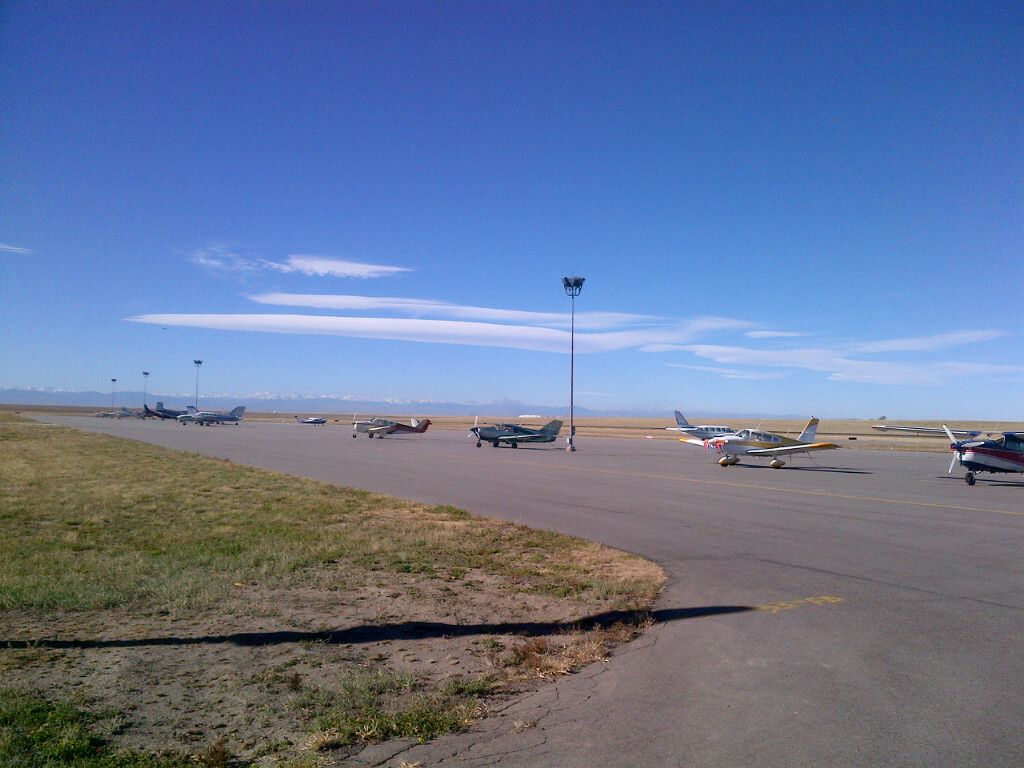I do not regret voting for this President and I would and will do it again. However.……I am not happy about our space program. Not at all. One would think there would be more resistance concerning the privatization of space and the inferior launch vehicles being tested or proposed. Indeed there would be objections except for a great deception being perpetrated on a nation ignorant of the basic facts about space flight. The private space gang has dominated public discourse with very little answering criticism of their promises and plans.
This writer is very critical of the flexible path.
It is a path to nowhere.
Compared to the accomplishments of NASA’s glory days, there is little to recommend the players in the commercial crew game. The most fabulous is Space X, fielding a cheap rocket promising cheap lift. There is so little transparency concerning the true cost of their launches that one space-faring nation has called the bluff and stated SpaceX launch prices are impossible. The Falcon 9, contrary to stellar advertising, is a poor design in so many ways it is difficult to know where to begin the list. The engines are too small and too many, the kerosene propellant is inferior to hydrogen in the upper stage, and promising to reuse spent hardware verges on the ridiculous. Whenever the truth about the flexible path is revealed, the sycophants begin to wail and gnash their teeth.
The latest craze is the Falcon “heavy.” The space shuttle hardware lifted far more, though most of the lift was wasted on the orbiter. With 27 engines the faux heavy is a throwback to half a century ago when clusters of small engines were required due to nothing larger being available. The true heavy rocket of the last century had five engines and the number of Falcon engines it would take to match the Saturn V proves just how far the mighty have fallen.
Long, long posts, doubling as SpaceX advertisements, swamp any forum where the deception is exposed. The most popular and endlessly repeated dogma concerns fuel depots. Refueling in space is hyped as the answer to all problems. Unfortunately the chances of making it work with the selected propellant- liquid hydrogen- are not good. This kind of blasphemy is sure to bring howls of protest on any forum where it appears. The sad truth is the American people are being conned into throwing away the Heavy Lift Infrastructure that is the only path to Beyond Earth Orbit Human Space Flight. SpaceX is more of an exploitation company to charge the taxpayer twice than aerospace company. Everything they are pushing- from the engine design to friction stir welded stages, to the heat shield on the capsule has all been developed by NASA on the taxpayers dime. They use NASA labs and engineers for token payment and then advertise low prices. It is a scam. Worse than a scam, it is a distraction from and drain on funds from the only real possibility for space travel on the horizon; the Space Launch System (SLS).
LEO is not space exploration. It is not space travel. It may have qualified as space flight at one time but not anymore. It is endless circles at very high altitude. If any achievement deserves the “been there” scoff it is Low Earth Orbit.
Human beings left Earth at 24,200 mph (38,938 km/hr) in December of 1968. In December of 1972 we returned and have not gone back. We did continue Heavy Lift launches after Apollo with the Space Shuttle- but the STS did not launch humans beyond earth orbit. Due to lack of funding the Shuttle regrettably launched a hundred tons of wings, landing gear, and never full cargo bay over one hundred times so they could come right back. What little stayed up there at very high altitude going in circles is that higher price tag people cry about.
To expand the human race into the solar system requires nuclear energy. We will not be assembling, testing, and lighting off any nuclear systems in LEO. We do however have a human rated capsule with a powerful escape system almost ready that is suitable for transporting fissionables directly to the Moon- where we can assemble, test, and light off nukes. To send that capsule directly to the moon, and the human beings to construct a base that can support a nuclear mission, we need an HLV with hydrogen upper stages. The hydrogen upper stages are what made Apollo successful by making a heavy payload go fast. That vehicle is a few years away and sooner with more money. The DOD has vast resources it expends on weapons that do not protect us from two clear and present dangers; impacts and plagues. I often give examples on this site of “cold war toys” that are “hideously expensive” and do not seem to work right or do anything magical. That big rocket is the magic that will open the solar system to human colonization. Private space efforts are not capable of making any of it happen. This is why I consider the whole “new space” movement as being essentially rich hobbyists selling tourist trips. My thoughts on this “narrow and inflexible path” are based largely on the work of Freeman Dyson and Eugene Parker- and the discovery of millions of tons of water on the Moon.
Despite having “been there,” the Moon is the next step in opening up the solar system to human exploration and colonization. Low Earth Orbit is being sold as space travel even though to travel, you have to go somewhere. The battle cry of “cheap lift” is promoting the equivalent of the “liar loans” that wrecked the housing market. Falling for this something for nothing too good to be true rip-off will leave the U.S. trapped. Decades more of nothing but more endless circles at very high altitude. Mars is used as a marketing gimmick but is really just a rock with a deep gravity well. Everyone seems to think it is “just close enough” for chemical propulsion. It is not. If you are going to build the necessary Atomic Spaceship (and we would have to have a moonbase to launch a nuclear mission) you might as well go someplace really interesting.
All those places are in the outer solar system.
http://www.sciencedaily.com/releases/2012/06/120628190006.htm
To establish a moonbase requires the Space Launch System to be put into service. There is no substitute for a Heavy Lift Vehicle with hydrogen upper stages.
The 130 ton lift of the proposed SLS is also at this time slated to be used as a crew vehicle. This was one of the worst mistakes of the shuttle program. The crew capsules being tested and built by SpaceX and Boeing pack seven astronauts into a vehicle without a proper escape system and, in the case of SpaceX, doubling as a cargo vehicle. Both of these vehicles have an escape-system-that-is-not-an-escape-system. These underpowered hypergolic systems are not very good at saving a crew but will work great raising the orbit of tourist space stations. This is another one of those worst mistakes being repeated.
Infomercial hype aside, the falcon “heavy” and Delta IV are not HLV’s. This misinformation deceives the public and makes the average citizen think the SpaceX hobby rocket is a Saturn V. At a thrust of around 100,000 pounds each it would take 72 merlins to equal the thrust of the SRB’s on SLS, not counting what the 4 liquid hydrogen engines also produce- with much greater efficiency than Kerosene.
The real problem with the U.S. space program is obvious to anyone looking at how much money is spent by the DOD. It is always interesting to hear sermons about how critical surveillance satellites are to fighting illiterate mountain tribesman. Any DOD contractor hearing complaints about NASA wasting money breaks down in maniacal laughter. One of my favorite talking points is that we can train our young people to clear buildings with automatic weapons or we can train them to build spaceships; either way the money will get spent.
Take a look at military spending increases and it is obvious funding for spaceflight can go up. And there IS a valid DOD mission BEO and BELO (Beyond Earth and Lunar Orbit). The valid military mission is impact defense and establishing outposts in the outer system- but this is hard money the aerospace industry wants nothing to do with. Unlike so many easy money weapon systems, spaceships have to actually work.


